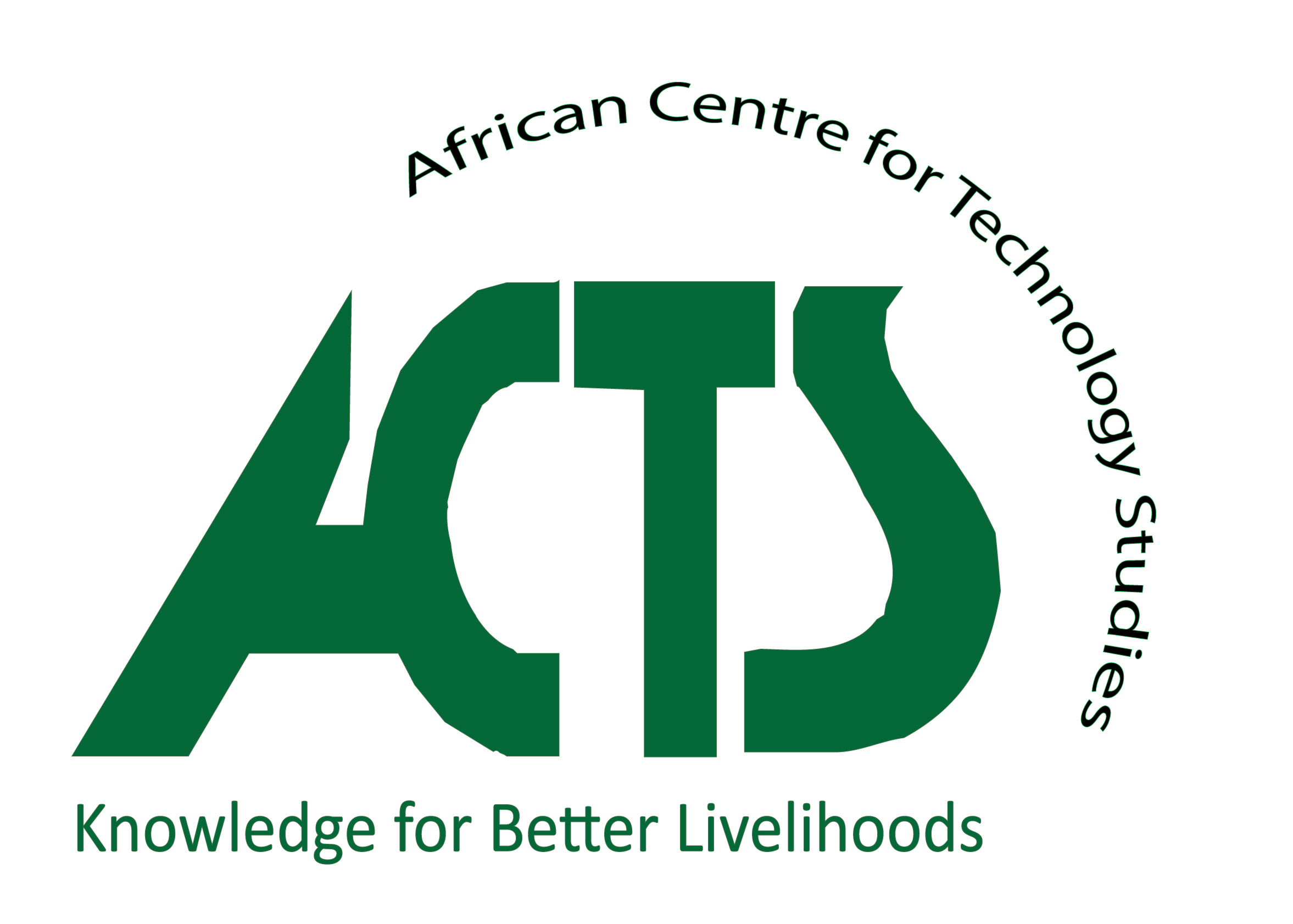On Tuesday, December 1st, 2015 Dr. Cosmas Ochieng, the Executive Director of the African Centre for Technology Studies spoke at an official UNFCCC side event of COP 21 entitled “Mitigation Contributions from Developing Countries: Innovation, technology and scenario analysis.”
The side event, which was hosted by the University of Sussex, Radboud University, and the Energy Research Centre of the Netherlands (ECN). The event discussed the need to strengthen the Technology Mechanism in the Paris Agreement and the need to support the development of national innovation systems.
The event was moderated by Mr. Gabriel Blanco, the Vice-Chair of the Technology Executive Committee (TEC) of the UNFCCC. The TEC is the policy component of the Technology Mechanism of the UNFCCC, and is charged with increasing action around climate technology development and transfer. The side event consisted of three presentations, a panel discussion, and a session for questions and answers.
Dr. Helen de Conick of Radbound University presented on the Technology Mechanism of the UNFCCC and the need to develop increased climate innovations and technologies to tackle climate change mitigation and adaptation. Dr. de Coninck’s presentation highlighted the fact that although there has been an increase in climate innovation and technology, they have failed to be long-term and pro-poor. Instead, they are market-driven innovations that aim to have short-term wins for populations that can pay for the technology. In order to have long term mitigation and adaptation effects, technology innovation needs to become less market-savvy and focus on providing long-term solution to vulnerable and poor communities. Dr. de Conick also emphasized the role developing countries need to play, calling upon them to, “think about their energy futures when thinking about innovation systems.”
Dr. Rob Byrne of the University of Sussex gave a presentation on national innovation systems, using the case study of Solar PV in Kenya. Dr. Byrne noted that popular thinking oftentimes sees innovation systems as being a linear process. He argued against this notion, saying instead that innovations systems are non-linear, relying instead on the different linkages and relationships between actors. It is these relationships and linkages, he argued that help build successful innovations and the necessary supply chains to support them. Using Solar PV in Kenya as a case study, he noted that its success was dependent upon the investment and support of the donor community matched with innovations on the ground including the uptake of mobile phones and the anti-kerosene campaign, which drove demand for Solar PV.
Mr. James Falzon of Energy Research Centre of the Netherlands (ECN) gave a presentation on the need to increase the capacity of countries to complete climate modelling. By being able to predict climate scenarios, “modelling provides an evidence base for policy makers,” to generate climate policy and strategies. Noting case studies undertaken in South America, Mr. Falzon underscored how climate modelling can help countries anticipate climate effects and determine the best methods through which to mitigate and adapt to the effects. In presenting the case study of Brazil, he said that based upon current modelling, Brazil needs to make a strong commitment to renewable energy as large percentages of their population join the grid, in order to mitigate the effects of climate change.
Following these three presentations, Mr. Blanco moderated a discussion between Mr. Ambuj Sagar of the Indian Institute of Technology and Dr. Cosmas Ochieng of the African Centre for Technology Studies. Dr. Ambuj underscored that in order to have technological change, a multitude of capable actors are needed, but that this capacity in many developing countries still does not exist. He said that developing countries are now, “under the gun” when it comes to climate change to quickly develop these capacities in order to foster technological change and climate innovation.
Dr. Ochieng reiterated Dr. Ambuj’s calls for creating technological change and the need to increase capacity within African countries to foster national innovation systems. Dr. Ochieng went on to underscore that there exists great potential for climate innovation and technology to have a real impact in developing countries, especially Africa, because there is no “lock-in.” These countries are not bound by pre-existing infrastructure or industry, but rather can develop and industrialize in a low-carbon manner with renewable energy. To enter down this low-carbon pathway, Dr. Ochieng emphasized the need for technology and innovation to be driven both by the public and private sector, underscoring the large role the private sector has to play. Dr. Ambuj also noted the need to catalyse context-specific innovations in developing countries, in order to respond to specific needs, which he stated is applicable for the development of climate adaptation technologies.
Through the contributions made by the panellists, several key points emerged:
- The need for developing nations to develop national systems of innovations;
- The need for increased capacity within developing countries to generate and scale-up climate technologies and innovation;
- The need to strengthen the Technology Mechanism in the Paris Agreement;
- Climate technologies need to be long-term and pro-poor;
- Climate modelling can and should play a large role in evidence-based policy making; and,
- The private sector should be part of the national innovations ecosystem.
ACTS will be holding several other side events during the duration of COP 21, highlights of each which will be sent out. For more information on the ACTS, our side events, or to interview one of our researchers at COP 21 please contact Natasha Frosina at This email address is being protected from spambots. You need JavaScript enabled to view it.


